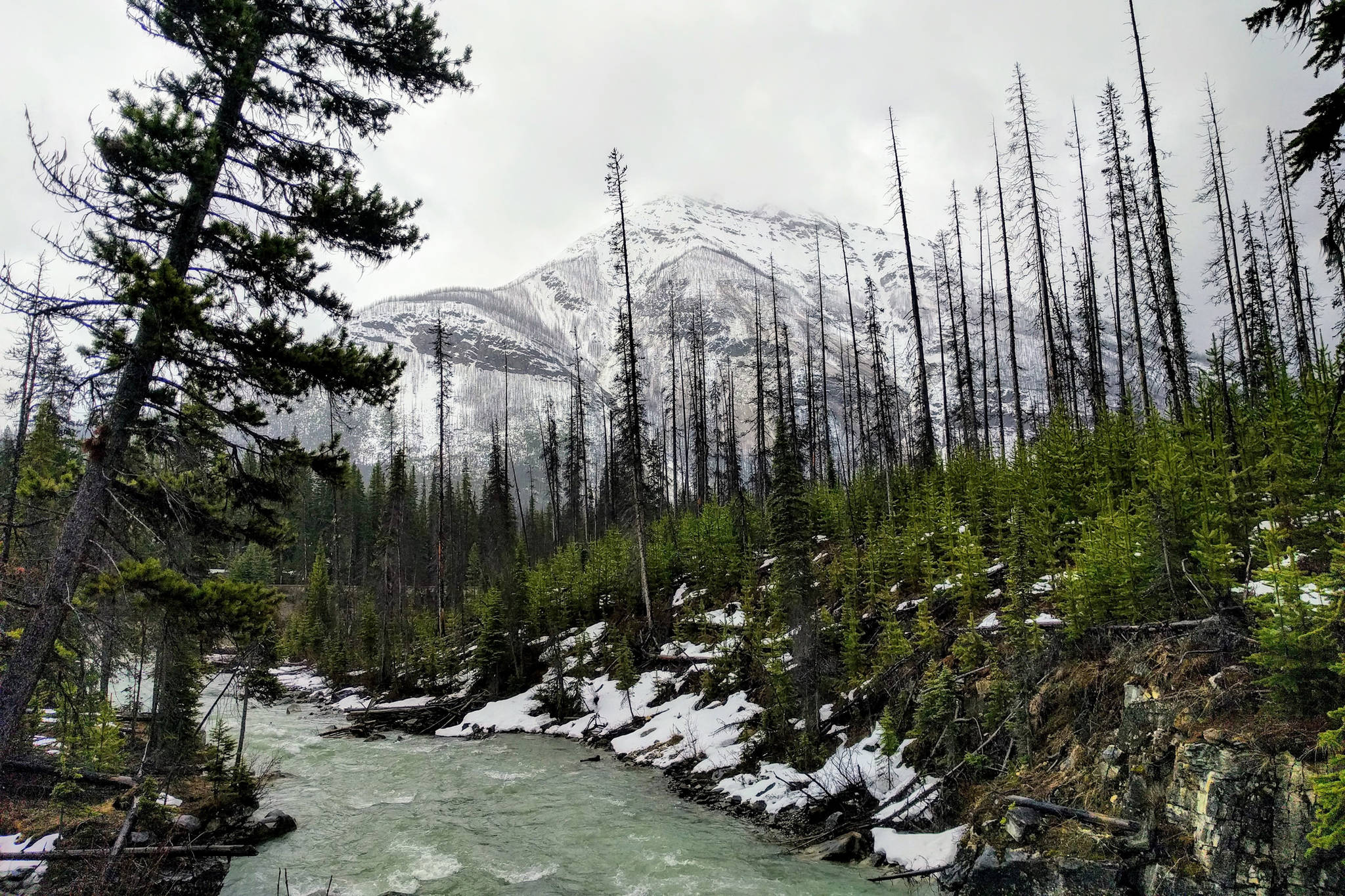If you don’t like the message, kill the messenger. This aptly describes the thinly veiled aim of a My Turn in the April 1 Juneau Empire by Mark Hamilton titled “Advocacy ‘science’ should take a back seat in Pebble Mine review.”
Although Hamilton is past president of the University of Alaska, to my knowledge he is not a scientist. What is important in science is not who says a thing — it is what they say and whether they can defend their assertions under the scrutiny of their peers.
On a personal level, I am repeatedly disappointed at being called an expert-for-hire by a company that has paid top dollar for every piece of data it has collected and every report it has received.
I believe it should be obvious who has the most to gain from an expert-for-hire — a company that will generate hundreds of billions of dollars in revenue, or Native Americans, fishermen and conservationists who are trying to protect an existing resource — the renewable salmon fishery in Bristol Bay. And not just any fishery, but the world’s largest sockeye salmon fishery which has sustained local tribes for thousands of years and a commercial fishery since 1893.
[Scientists: Pebble Mine study doesn’t account for all risks]
I also learned that in an “… online blog last fall … (and) … strayed from (my) areas of expertise into biology …” I am not a blogger, and have no idea where this comes from.
Hamilton also complained about my mention of Knight Piésold as the designer and builder of the dam at Mount Polly in British Columbia, and that I claim the design is similar to that for the centerline dam proposed for Pebble.
I believe that is correct.
In fact, on March 22, Ken Embree, the president of Knight Piésold, made a similar remark in an editorial in the Anchorage Daily News. In that editorial Mr. Embree said that “Knight Piésold is not, however, responsible in any way for the Mount Polley dam failure.”
In my response to Embree, I noted that in Imperial Metals’ Mount Polley Mine 2004 Feasibility Study it is stated: “Knight Piésold Ltd., has been the geotechnical engineering consultant for the Tailings Storage Facility, providing design, technical specifications, contract documents, construction supervision and quality assurance/control, reviews of instrumentation and monitoring records and annual inspections.”
Nothing more needs to be said about the mine design.
[Opinion: Alaska can’t afford reckless rhetoric on Pebble Mine]
In addition, Embree did not mention that in response to a lawsuit by Imperial Metals, Knight Piésold and AMEC agreed to pay Imperial Metals $108 million in an out-of-court settlement. That settlement certainly implies Knight Piésold had some complicity in the dam failure. In fact, the Mount Polley Independent Expert Engineering Investigation and Review Panel (2015) “… concluded that the primary cause of the breach was dislocation of the embankment due to foundation failure.”
This likely explains the Knight Piésold involvement and settlement in the litigation with Imperial Metals.
There’s plenty of dirty linen to air at Mount Polley. From my outsider’s vantage point, the engineering firms, the mining company and the B.C. regulators all bear some accountability in that dam failure. I would welcome more discussion of why this accident occurred and how we might prevent failures like it in the future, because I don’t believe this discussion has taken place in a meaningful way post-Mount Polly.
I certainly don’t place all the responsibility for the dam failure on Knight Piésold, but for Embree to claim Knight Piésold was not the designer of the dam, or that it was not responsible in any way for the dam’s failure, clearly isn’t correct.
In terms of advocacy science, and experts-for-hire, the team of 30-plus researchers and professionals assembled to critique the Pebble Environmental Impact Statement are well qualified for this review. Since there is no peer review process for the Army Corp’s EIS or Pebble Limited Partnership’s Environmental Data Base, they should look at our critique as a welcome surrogate for a formal peer review.
They should be defending their EIS based on its merits, not trying to deflect criticism by demeaning the character and reputation of their critics. If they really have an EIS that is as good as they claim, that product should be able to stand for itself.
David Chambers, PhD, is a geophysicist with the Center for Science in Public Participation, a nonprofit based in Bozeman, Montana.
• David Chambers, PhD, is a geophysicist with the Center for Science in Public Participation, a nonprofit based in Bozeman, Montana.

